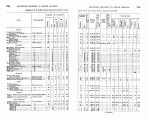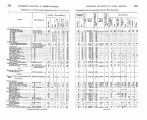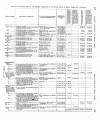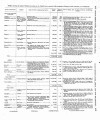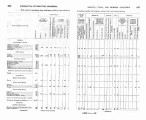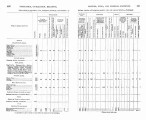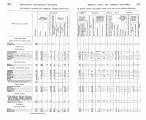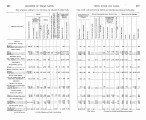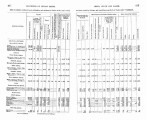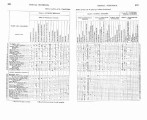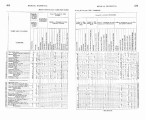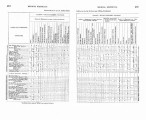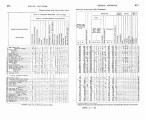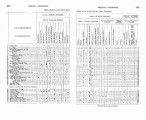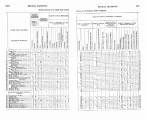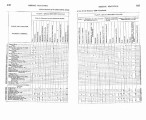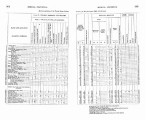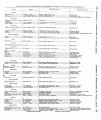| OCR Text |
Show I REPORT OF TEE COMMISSIONER OF INDIAN AFFAIRS. XXIX ties, aggregating about 65,000 acres, were purchased by their agent, W. H. Thomas, with individual funds. Under the actof Congress 1870 (16 Stats., p. 362) these Indians were empowered to institute suit in the circuit conrt of the United States for the western districtof Forth Car-olina against said Thomas, for all claims they might have against him-an4 under the award of Rufus Barringer and others, October, 1874, confirmed by said court the following Rovember, and by act of Congress in 187G (19 Stats., p.139), they became possessed of the aforesaidlands. In pursuance of this award and decree of the court, and said act of Congress, a deed was executed October 9, 1876, by William Johnston and wife, conveying the 'LQualla Boundary," containing abont 60,000 acres, to the Eastern Band of North Carolina Cherokees, but without the porrer of alienation, except by and with the assent of the wuncil and approved by the President of the United state^. August 14,1880, said Johnston and wife et al. conveyed by deed the outlying lands in Cherokee and other counties, amounting to 16,211 acres, to the Com-missioner of Indian Affairs, and his successors in office, as trustee for the use and benefit of the Eastern Band of Cherokee Indians of the State of North Carolina forever. (See House Ex. Doc. l9G, Portysev-enth Congress, first session.) The Indians becoming dissatisfied with the title thus obtained, and it not proving sufficient to prevent intrusion and enoroaohmenta by whites, the subject has been referred to the Attorney-General in order that a, perfect title in fee may be executed in favor of the Indians in ac. cordance with the decree of the conrt. Suit has been instituted by the Government to that end, and is still pending. I RECOGNITION OF INDIAN TITLE BY UNITED STATES GOVERNMENT. From the execution of the first treaty made between the United States and the Indian tribes residing within its limita (September 17, 1778, with the Delawares) to the adoption of the act of March 3,1871 (16 Stats., p. KGG), that iLno Indian nation or tribe within the territory of the United States shall be acknowledged or recognized as an inde-pendent nation, tribe, or power with whom the United States may con. tract by treaty," (section 2079, Revised Statutes,) the United States bas pursued a uniform course of extinguishing the Indian title only with the consent of those tribes which were recognized as having claim to the soil by reason of occupancy, such consent being expressed in treaties. During this period not less than three hundred and seventy-two treaties have been made and ratified. Except only in the case of the Sioux Indians in Minnesota, after the outbreak of 1862, the Government has never extinguished an Indian title as by right of conquest; and in this case the Indians were pro. vided with another reservation, and subsequently were paid the net proceeds arising from the sale of the land vacated. General Walker, in his work entitled $'The Indian Question,)) holds |










































































































































































